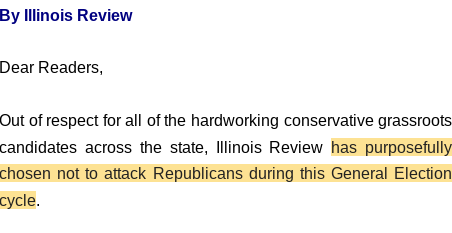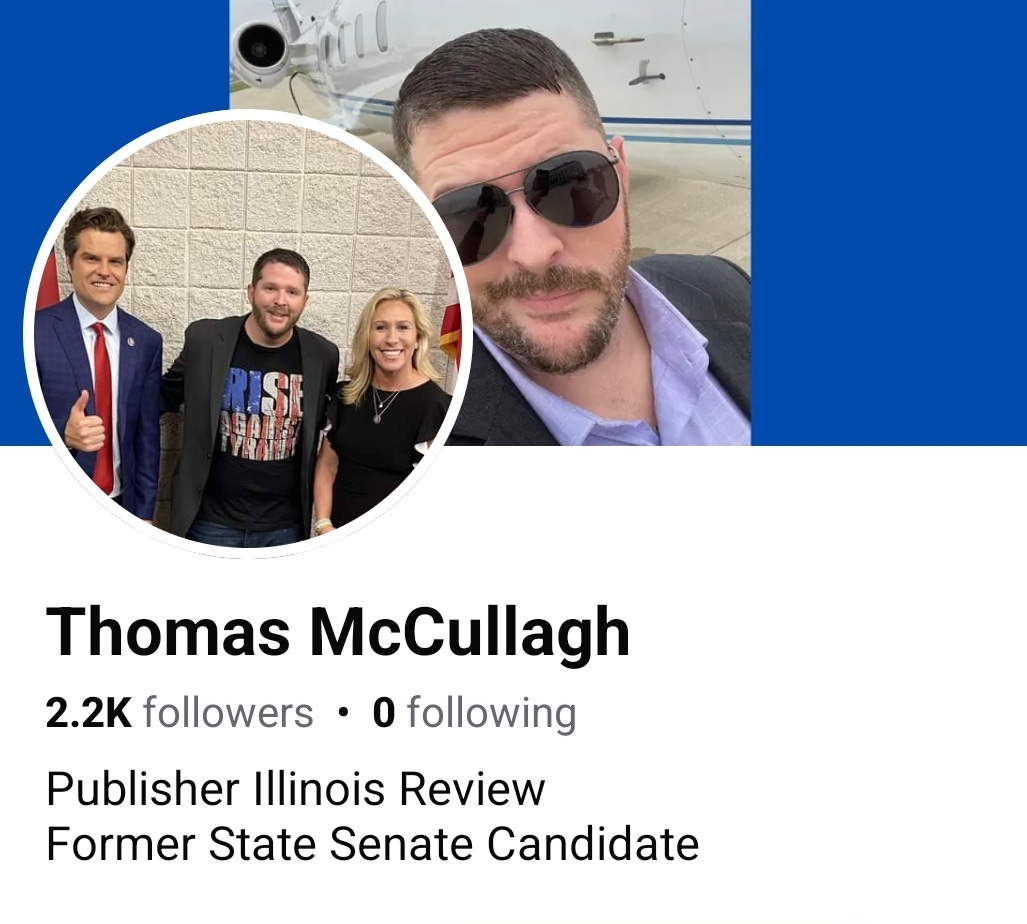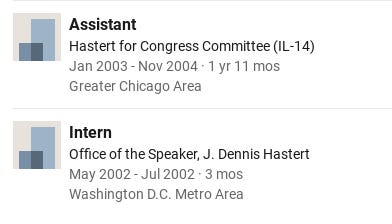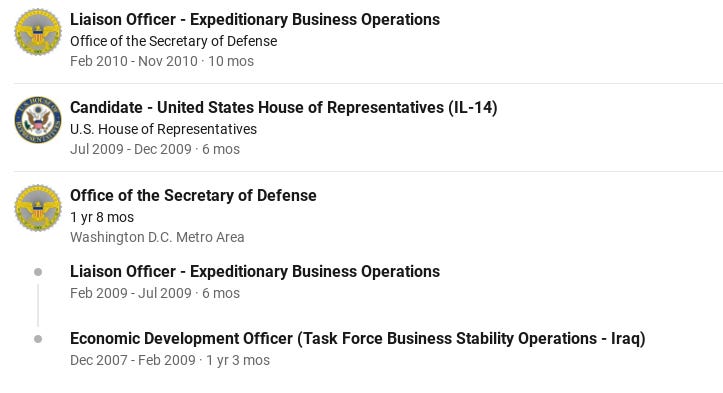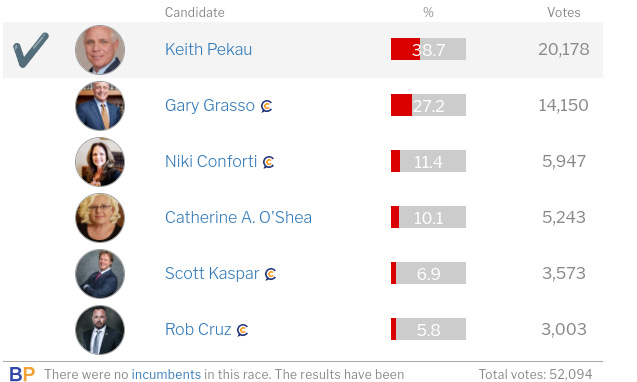Opinion: Illinois Review Should Register as a Political Action Committee
Illinois Review makes a shocking admission of partisanship
Illinois Review, a purported media outlet, made a startling admission in a note to its readers, stating that it has “purposefully chosen not to attack Republicans during this General Election cycle.”
This unusual disclosure raises questions about whether Illinois Review crosses the line as a media organization—especially given their statement that “after November 5th,” they “will resume... holding state Republican leadership accountable for their actions.
..”
In a contradictory move during the last election, Illinois Review owner Scott Kaspar entered settlement talks with leading Republican gubernatorial candidate Darren Bailey during the campaign’s most critical stretch. Kaspar even leaked damaging texts from a pro-Bailey PAC to The Chicago Tribune, creating an "October surprise" that culminated in a critical article just one week before the election.
For years, Illinois Review was seen as a genuine and influential conservative blog. Founder Fran Eaton established it as a trusted platform for independent political debate and breaking news that often garnered attention from larger outlets. However, she sold the publication to Mark Vargas and Scott Kaspar under a non-disclosure agreement right after the 2022 election.
After abandoning his campaign for the 49th District Senate seat amid allegations of grooming a minor, Thomas McCullagh joined Illinois Review as its publisher.
Since the change in ownership, Illinois Review appears to operate more like a political action committee, supporting Republican candidates and attacking Democrats, all while enhancing the conservative credibility of Kaspar, McCullagh, and Vargas.
Mark Vargas, the chief editor of Illinois Review, often emphasizes the importance of the “grassroots,” yet his background reveals that he is a DC insider.
Vargas began his political career as an intern and later an assistant to disgraced Congressman Dennis Hastert. During Hastert’s sentencing, U.S. District Judge Thomas M. Durkin referred to him as a “serial child molester.” According to a source close to Vargas, he looks back fondly on his time with Hastert and even stepped aside from a congressional run to support Hastert’s son, Eathan.
Vargas then expanded his Washington connections by working in the Office of the Secretary of Defense during the administrations of George W. Bush and Barack H. Obama.
Described as Rod Blagojevich’s “mystery man,” Vargas later made national headlines by assisting in securing a pardon for the former Democratic governor.
Facebook / Mark vargas
Vargas’s partner, Scott Kaspar, a lawyer and engineer, also has deep DC connections. He is affiliated with organizations like Project 2025 Architects, The Heritage Foundation, and Turning Point USA.
Facebook / Scott Kaspar with war advocate General David Petraeus
During the 2022 election, Kaspar transitioned from behind-the-scenes roles to the forefront by running for Congress in Illinois’ 6th District. He spent over $245,000 in his campaign but ultimately finished fifth in the Republican primary in a district that was ultimately won by Democrats, securing just 3,573 votes.
When Vargas and Kaspar purchased Illinois Review, they promised to support local conservative voices by paying writers and preserving its traditional feel with a print edition.
However, the website is now plagued by invasive malware, and much of its content relies on the core team of McCullagh, Vargas, and Kasper.
Screen shot of Illinois Review.com
Under Illinois state law, a “Political Action Committee” (PAC) includes any organization that spends over $5,000 on “electioneering communications” within a 12-month period. Illinois Review’s admission that it selectively omits damaging information about Republicans while highlighting Democratic faults seems to meet this criterion.
Additionally, Illinois Review hosted two high-profile events within the same calendar year featuring national figures Mike Lindell and Roger Stone, further indicating it meets the spending threshold.
Illinois Review’s perceived credibility is undeniable. Recognized by Google as a certified news source, its email blasts reach 420,000 subscribers, and Kaspar claims that The Chicago Tribune even attempted to buy them out. However, transparency must take precedence over political maneuvering, even when conservative outcomes are desired. Registering as a political action committee is crucial for maintaining a fair information landscape.
After all, if Illinois Review is going to support candidates, the public deserves to see a disclaimer along with the financial details involved.



